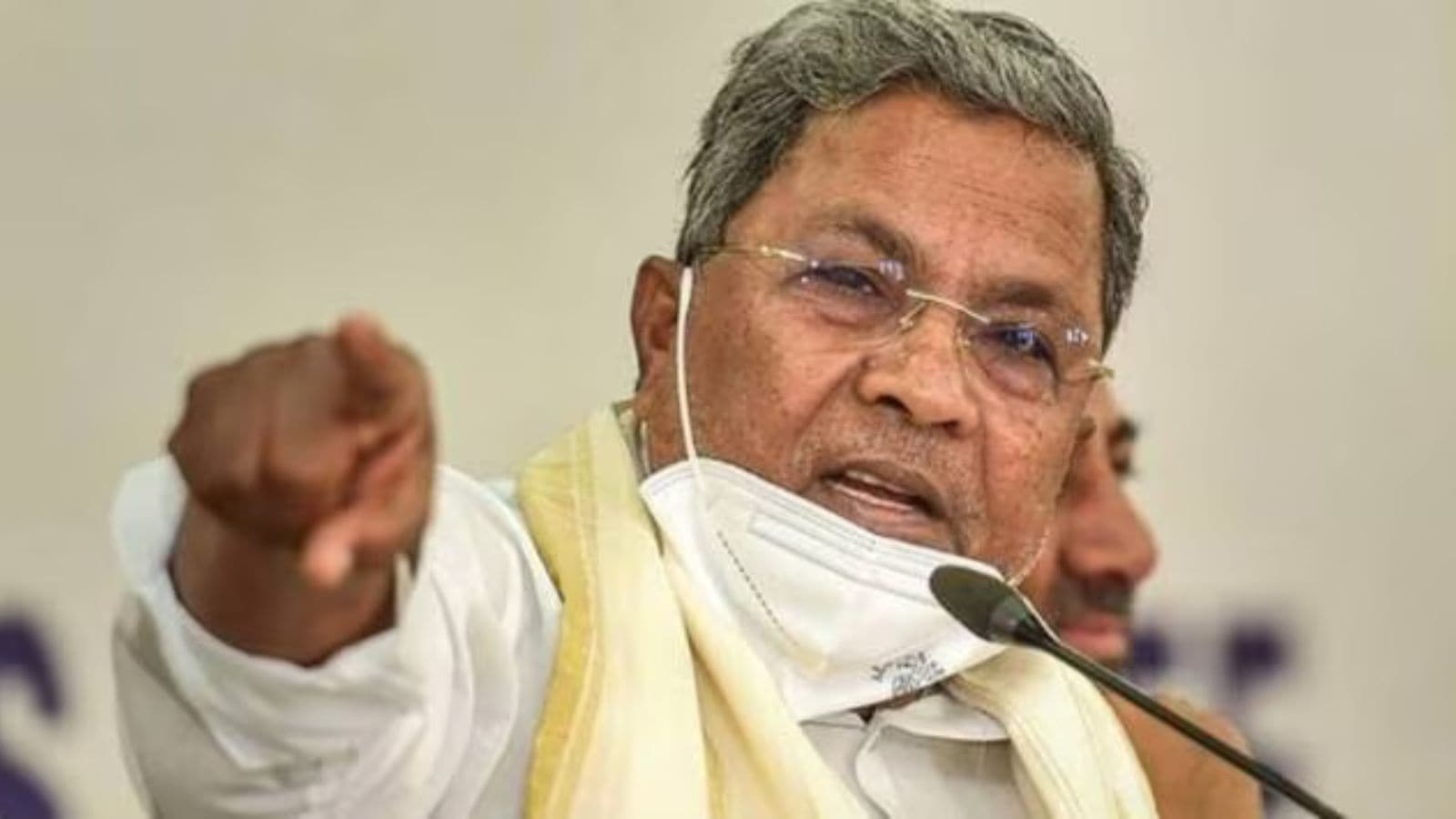 |
|
The political landscape of India is currently experiencing significant turbulence surrounding the proposed 'One Nation, One Election' bill. This ambitious plan, recently approved by the Union Cabinet, aims to synchronize the national and state elections, a move that has sparked considerable debate and opposition from various state governments. Chief Minister Siddaramaiah of Karnataka, a prominent voice of dissent, has characterized the initiative as a blatant attempt to undermine the federal structure of India and centralize power within the ruling BJP government. His statement, released via social media platform X, highlights concerns regarding the potential erosion of states' autonomy and democratic processes. The assertion that the bill embodies 'authoritarian tendencies' reflects a deep-seated anxiety among opposition parties who perceive this move as a strategic maneuver by the central government to consolidate its power and marginalize regional voices.
Siddaramaiah’s announcement follows a similar resolution passed by the Kerala state government, demonstrating a growing wave of resistance from non-BJP-ruled states. This coordinated opposition is indicative of a wider concern regarding the implications of simultaneous elections. Critics argue that such a system could overwhelm the electoral machinery, potentially leading to logistical challenges and jeopardizing the fairness and transparency of the voting process. Concerns have also been raised regarding the potential for the dominance of national-level political parties, potentially overshadowing the voices of smaller regional parties and diluting the representation of diverse regional interests. The possibility of smaller parties lacking the resources to effectively campaign across the entire nation simultaneously is another concern regularly cited by opponents of the bill.
The potential impact on the political landscape extends far beyond logistical concerns. The 'One Nation, One Election' plan raises fundamental questions about the delicate balance of power between the central government and individual states within the Indian federal system. Opponents argue that it threatens the autonomy of state governments by potentially limiting their ability to address their unique needs and priorities. The ability of state governments to set their own electoral calendars is viewed as a critical element of their sovereign powers. Furthermore, the fear of increased dominance by the national political parties could stifle diversity of political views and lead to a less representative political landscape. The move is not only being perceived as a threat to the established balance of power but also to the very foundations of the Indian federal structure.
The Karnataka government's consideration of a resolution echoing Kerala's stance underscores the deep-seated anxieties surrounding the bill. The proposed resolution is not just a symbolic gesture but a significant political maneuver designed to exert pressure on the central government and garner public support against the proposed changes. The potential consultation with the Congress high command further highlights the organized nature of this opposition. The fact that multiple states are uniting in their opposition suggests a unified front against a measure perceived as a threat to democratic principles and federalism. This coordinated effort could potentially lead to a larger-scale political confrontation in the coming months, underscoring the deep-seated divisions and concerns surrounding this highly contested legislation.
Ultimately, the debate surrounding the 'One Nation, One Election' bill goes beyond the mere mechanics of election synchronization. It represents a fundamental clash of ideologies regarding the balance of power within India's federal system and the preservation of its diverse political landscape. The opposition's concerns reflect a larger apprehension of a potential move towards centralized governance, raising questions about the long-term implications for the country's democratic health and the representation of its diverse population. The coming months will be critical in determining the future of this highly controversial and potentially transformative legislation.
